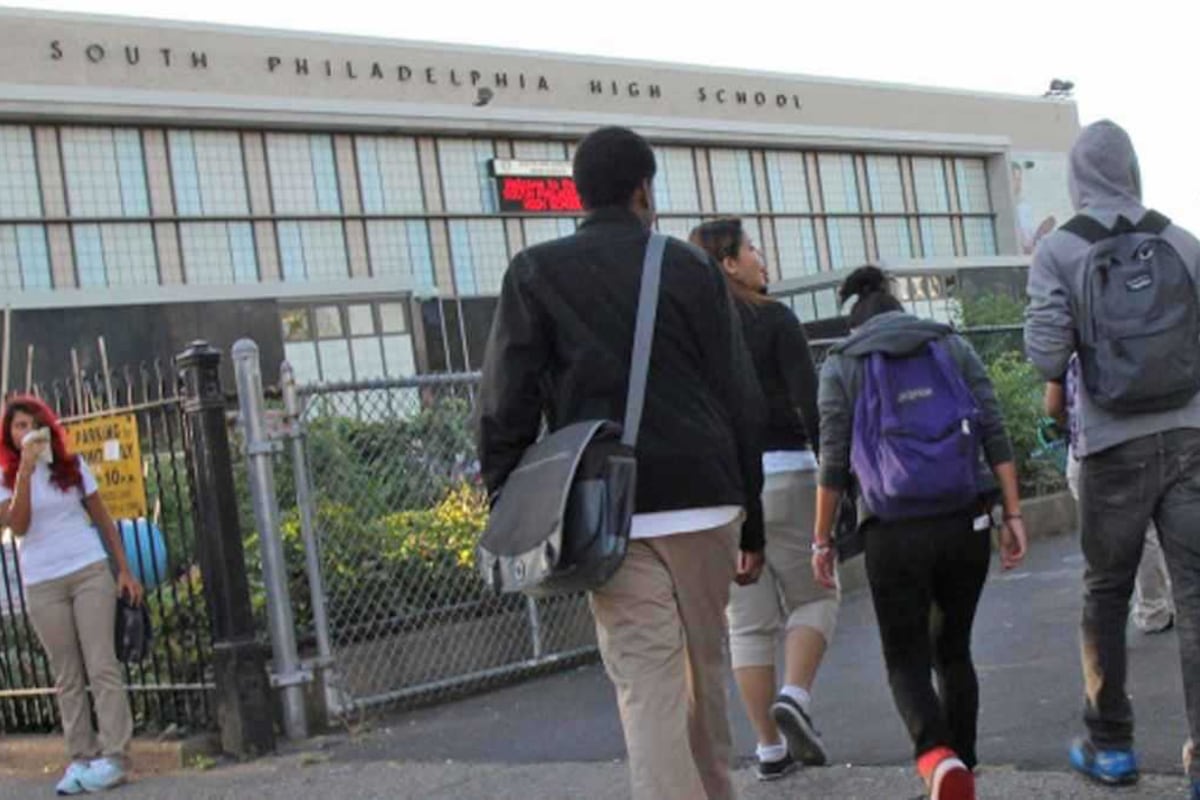Ten Philadelphia state representatives are asking Superintendent William Hite to reconsider plans to revamp student start times this fall. The legislators say they are responding to widespread constituent concerns.
“We’ve heard from parents, teachers, principals, and community members about this issue and the potential disruptions that the proposed plans could cause in their lives,” the House members said in a letter that also asked the superintendent to meet with them “so we can share additional concerns with you personally.”
District spokeswoman Monica Lewis said the district has no comment on the letter, but that a meeting with the legislators had been previously scheduled for next Thursday.
“We will meet with the delegation and talk with them to see how we can best address their concerns,” she said.
Under the new schedule, announced last month, most high schools will start at 7:30 a.m. and most middle and elementary schools will begin at 8:15 or 9 a.m. Those start times, the legislators said, “could create serious negative impacts on student performance, attendance, and learning,” as well as disrupt family life. For many schools, the start time was moved by a half-hour or more, which could interfere with some parents’ work schedules.
The new schedule “could create serious negative impacts on student performance, attendance, and learning,” the letter said.
Rep. Elizabeth Fiedler, a vice chair of the Philadelphia House caucus and a signer of the letter, said in an interview that the legislators were not advocating a specific alternative to the district’s plans, but rather were most upset that the decision was made without meaningful input from the most affected people.
After the unsettled pandemic year, “parents and caregivers are looking for stability, predictability, and assurance the school schedule covers the hours they need for their children to be in safe and healthy space,” she said. “That is not available right now.”
There is a lot of uncertainty over whether before- and after-school care will be available at some schools, she said. Additionally, the early start time for most high school students ignores guidance from the American Academy of Pediatrics that adolescents need more sleep and school for them should start later.
Lewis did not answer directly when asked if there was any chance, with school starting Aug. 31, if the bell schedule could be changed to accommodate public concerns.
”At this point we are going to proceed as planned, but we are always interested in hearing from our stakeholders and seeing how we can best support our students,” she said.
District officials have said the new schedule was necessary to deal with a school bus driver shortage. Spreading the start times allows one bus to make as many as three runs each day, they said.
The district transports about 41,000 students daily, most of whom attend private and charter schools. Only 13,500 attend district-run schools.
“Doing all this to help improve transportation seems counterproductive,” the legislators said in the letter. “We shouldn’t have to sacrifice student learning and family job security for improved transportation.”
The legislators raised other concerns, such as the possibility that schools will need to take on before- or after-school care, at a cost that hasn’t been discussed or determined. In one of three virtual town hall meetings with parents and community members held after the decision was made, Chief of Schools Evelyn Nuñez said that the district is studying if some schools will require expanded before- or after-school care. Individual schools are working on this and may inform parents of such programs in August, she said, while offering no further details.
Parents’ jobs could be jeopardized because of the new schedule if younger students aren’t due at school until 9 a.m., the letter warned. Older students might be late if they have to bring younger siblings to schools that don’t start until 90 minutes after they are due in class.
The legislators said that women, especially those in Black and brown communities, are most likely to be affected. “These communities already face higher levels of job insecurity and economic insecurity, and Black and brown students are already more acutely impacted by absenteeism,” the letter said. “We believe these changes could compound these problems.”
“This is causing additional stress for a lot of people by putting so much on individual schools and the staffs there who have worked so hard to get through this tumultuous time,” Fiedler said.
Nuñez and other officials have said that they realize this schedule is not ideal and will work with communities to plan start times for the 2022-23 school year starting in September.
Ten of the 22 Philadelphia members of the House of Representatives signed the letter. Besides Fiedler, they include delegation chair Jason Dawkins, and Fiedler’s co-vice chair Malcolm Kenyatta.







